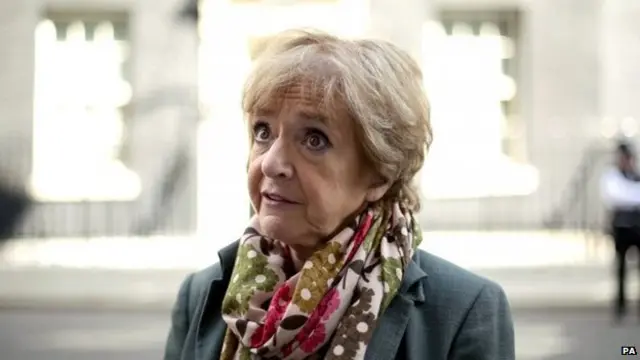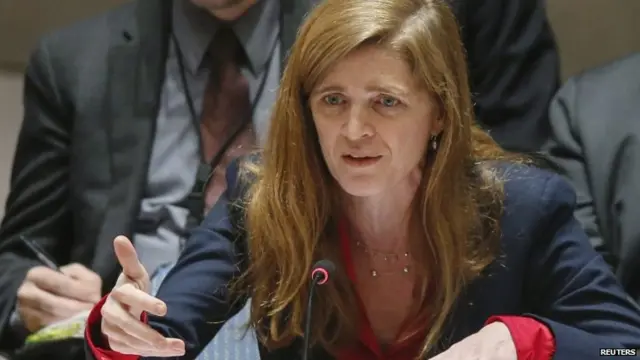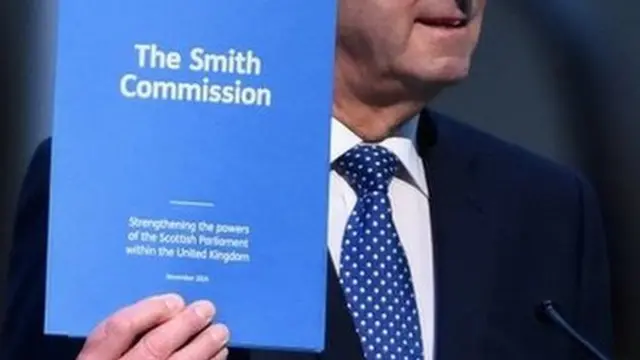Len Tingle, BBC's political editor for Yorkshire and the North Midlandspublished at 08:32 GMT 10 March 2015
tweets:, external Job done-the Treasury report it has just paid all our outstanding debts in full... for the First World War
Foreign secretary says apologists for those who commit acts of terrorism are partly responsible
Justine Miliband tells BBC she expects election to get 'vicious' but says she is' ready for the fight'
Peers back making it a legal requirement for 0.7% of UK GDP to be spent on international development
Northern Ireland's first and deputy first ministers fly to the US as question marks hang over assembly
Rolling political coverage in text and video with all the key moments and reaction from Tuesday 10 March
There are 58 days until the general election
Tim Fenton and Sarah Weaver
tweets:, external Job done-the Treasury report it has just paid all our outstanding debts in full... for the First World War
 Image source, PA
Image source, PAFormer and current HSBC bosses, including BBC Trust chair Rona Fairhead, faced the ire of Margaret Hodge and colleagues on her public accounts committee yesterday over recent revelations about tax evasion and tax avoidance. Parliament's sketchwriters have gone to town in their write-ups:
The Guardian's John Crace, external found HSBC's chief executive Stuart Gulliver a changed man from his appearance before the Treasury committee. "Last week he had sounded defiant, unrepentant even. Before Hodge, his voice quavered. She has that effect on people."
The Independent's Donald Macintyre, external said Ms Hodge was "in top 'off-with-her-head' form".
The Mail's Quentin Letts, external is more critical of Ms Hodge, whom he says is an "erratic (i.e. increasingly batty) chairman". He adds: "She now starts shouting at witnesses two questions in. She laughs at her own jokes, throws high her hands amid a rattle of jewellery and yesterday spat out a disgusted 'ach!' when Mrs Fairhead gave her answers."
tweets:, external Understand @AmbassadorPower push towards 2% MOD spending, but @BBCr4today shld also ask where is US 0.7% aid pledge. Also key to safer world
 BBC Radio 4 Today
BBC Radio 4 Today
Do calls for more defence spending act as a provocation against Vladimir Putin, who already feels threatened? No, Samantha Power says. "The military piece is a tiny piece of a larger equation," the US ambassador to the United Nations says. "President Putin is alert to the risk of violent extremism even alongside the great tension that exists between our two countries over Ukraine. We are in conversation about what more can be done."
tweets:, external Only two other NATO countries besides UK meeting 2% GDP on Defence Spending - US Ambassador to UN Samantha Power #r4today
 BBC Radio 4 Today
BBC Radio 4 Today
Samantha Power tells Today that she isn't singling out British defence cuts. But she is worried that European defence spending as a whole is insufficient. "The United Kingdom is exceptional, has been a staunch Nato ally and has stepped up. This is not about one country, but it is about a larger collective security challenge we are now facing."
 BBC Radio 4 Today
BBC Radio 4 Today
 Image source, Reuters
Image source, ReutersConservative MPs, in particular, are very concerned right now about the possibility that British defence spending could fall below the 2% GDP level required by Nato. Samantha Power is concerned about defence cuts in Europe as a whole. "We haven't seen European defence spending reach the 2% of GDP level that European leaders are committed to," she tells the Today programme.
 BBC Radio 4 Today
BBC Radio 4 Today
Samantha Power, the US Ambassador to the United Nations, warned on Monday that a "dangerous" gulf was emerging between what the US and Europe is spending on defence. She's speaking on the Today programme now.
tweets:, external "In a closely-fought election, more people believe that it is actually worthwhile voting." Read more., external
 BBC Radio 4 Today
BBC Radio 4 Today
Can mercenaries be terrorists? Joining IS, whether you're being paid or not, makes you a terrorist because they are a terrorist organisation, says David Anderson. But fighting against them is a much greyer area and money could come into it.
 BBC Radio 4 Today
BBC Radio 4 Today
David Anderson QC continues on Today explaining the risks of fighting the Islamic State. What the prosecutor will be asking is, "'Was your purpose to influence the government, to intimidate a section of the population?' It all gets very complicated. There is an ambiguity there the authorities can use to say 'don't do it, you'll get prosecuted'."
 BBC Radio 4 Today
BBC Radio 4 Today
There are three laws that do apply when you go abroad to fight against the Islamic State, David Anderson tells Today.
The Foreign Enlistment Act makes it a crime to join a foreign army fighting a friendly force, but that doesn't apply here.
War crimes are next on the list - but you have to fight and break the rules of war to be charged.
Terrorism laws could capture those who fight against terrorist organisations.
 BBC Radio 4 Today
BBC Radio 4 Today
David Anderson QC, the independent reviewer of terrorism legislation, is now on Today. Is it illegal for British citizens to go and fight abroad, he's asked. No, he says, but it may be that other laws apply.
 BBC Radio 4 Today
BBC Radio 4 Today
After the third foreign fighter was killed in the struggle against Islamic State yesterday, the Today programme features an interview with a former British soldier who says he's prepared to go to Syria to train and help the Peshmerga fight IS. "There is nothing left in the UK for me," he says. "I want to help these people and nothing's going to stop me. I'm going." You can listen in on the live coverage tab above.
tweets:, external YouGov/Sun poll CON 35%, LAB 31%, LD 8%, UKIP 14%, GRN 6% Early to declare a trend but March proving a cruel month for Labour in polls.
 Image source, Getty Images
Image source, Getty ImagesPost-referendum devolution to Scotland is on the agenda today after the Commons' Scottish affairs committee - which is dominated by unionist parties - concludes the Scottish government's claims of "vetoes" are "ludicrous". Its report, external says the Smith Agreement's settlement offers the "best of both worlds" for Scotland. But the SNP's Pete Wishart is less impressed. He's tweeted, external: "Silly all unionist committee releases a silly all unionist report. Maybe soon it won't be so silly anymore." That's a reference to opinion polls suggesting the political leanings of Scottish MPs could become a lot more nationalist after the general election. More here.
Ed Balls' speech about state spending yesterday has prompted mixed responses from the newspapers' leader writers:

The Daily Telegraph, external, citing the "spectacularly broken" promises of New Labour, thinks entrusting the shadow chancellor with the nation's finances would be crazy. "As Albert Einstein observed, doing the same thing over and over again and expecting a different result is a definition of insanity. The country is not mad, even if Mr Balls thinks it is."
The Daily Mail , externalgoes even further, mocking the shadow chancellor's "fevered imagination" about what would happen under a Conservative government's continuing spending cuts. "Far from trying to knock Britain back to the days of the Jarrow hunger march, the Tories aim only to trim the state to its size in the early 2000s," it protests.
But the Daily Mirror , externalis more sympathetic to Labour's warnings. Its leader says Mr Balls "stripped George Osborne naked by exposing the chilling depth of savage cuts the Conservatives will inflict on Britain if the Tories win the election". Even if it does accept the £70bn figure quoted by the shadow chancellor "may prove to be out by the odd billion".
tweets:, external Yet more unintended consequences? How do young adults feel hearing 500K affluent pensioners are planning to pour their cash into buy-to-let?
tweets:, external 100's of sex offenders on the run - get a grip Theresa
 BBC Radio 4 Today
BBC Radio 4 Today
 Image source, Science Photo Library
Image source, Science Photo LibraryShould all sex offenders be required to wear an electronic tag? That's the suggestion of Sharon Girling, founder member of the Child Exploitation and Online Protection centre. She spoke to the Today programme after a freedom of information request from the Press Association revealed the whereabouts of 396 convicted rapists, paedophiles and other sex offenders are unknown. That is less than 1% of the total number who have to register their whereabouts, but Ms Girling is very worried. "The resources are absolutely not there any longer," she says. "We're not managing these offenders in the appropriate way. We've got to know where they are… so we can protect our young people and other vulnerable people in the community." She suggested sex offenders' online activity could be monitored and that they could be required to wear tags.